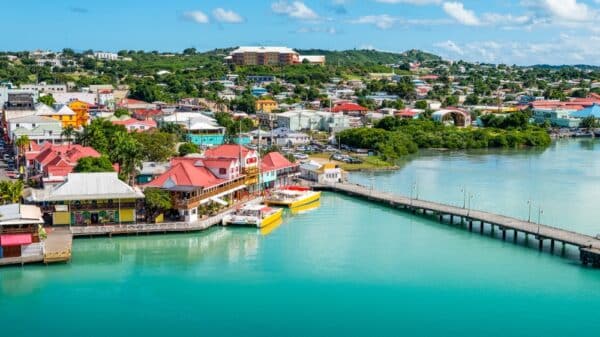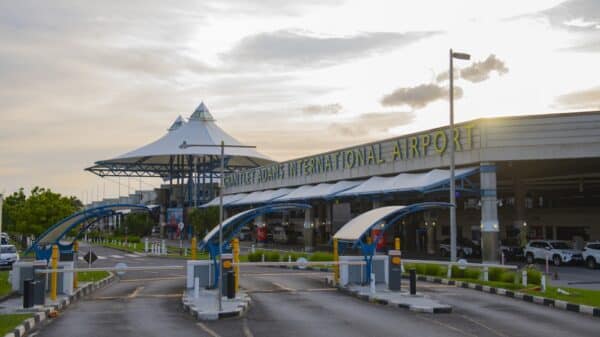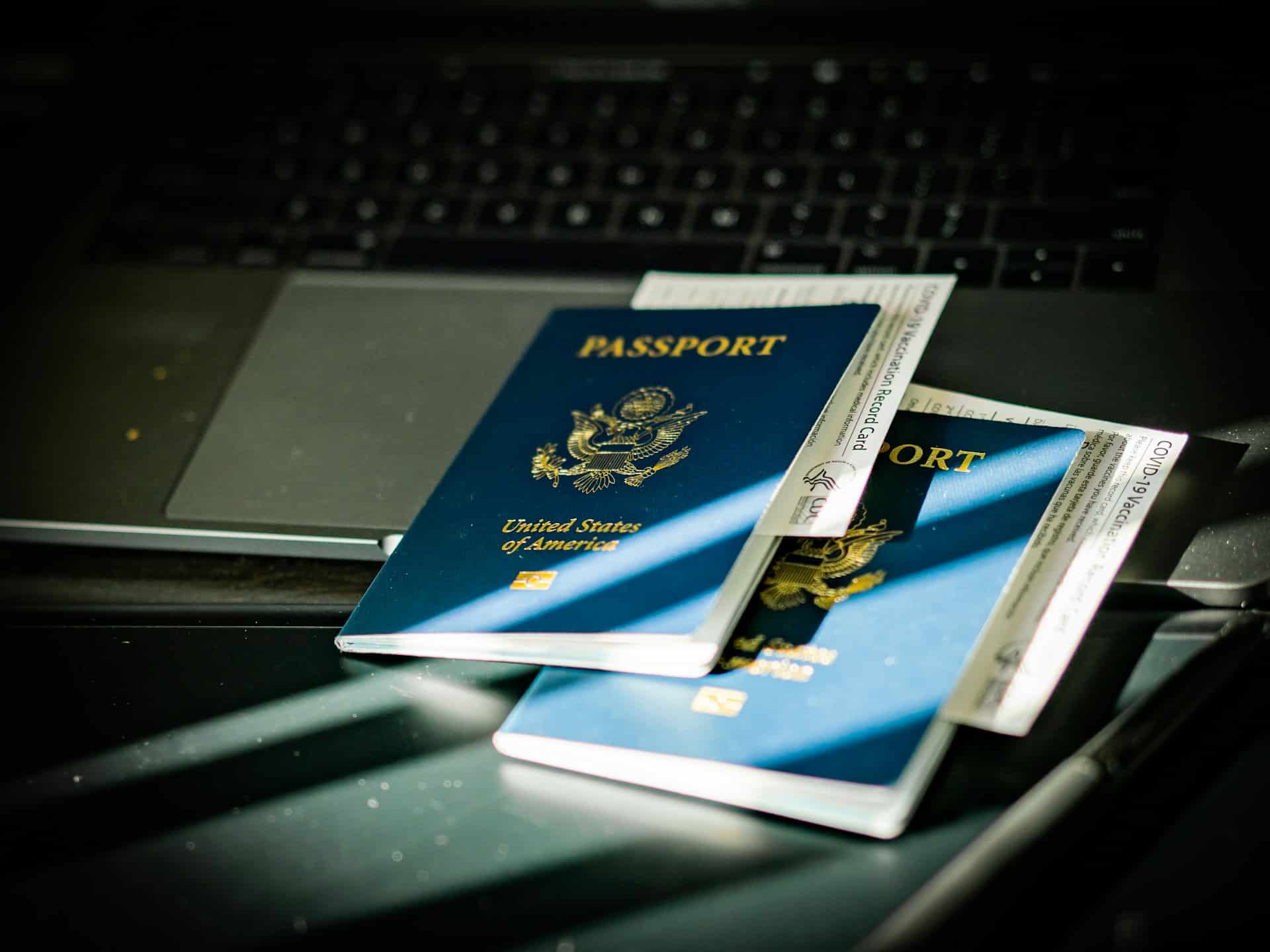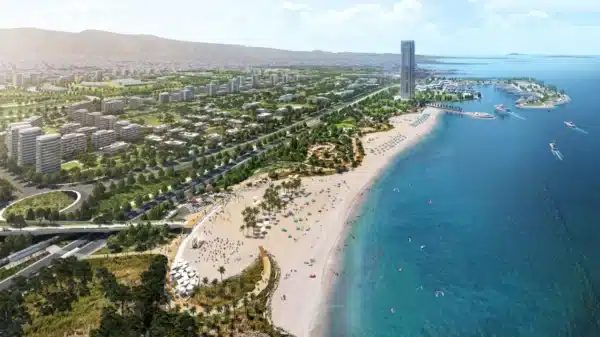The recent decision by the US State Department to suspend visitor visas for residents of Gaza has raised significant humanitarian concerns. This suspension, which encompasses all new visa applications, is aimed at conducting a comprehensive review of the US visa issuance process. However, humanitarian organizations are expressing alarm over the potential consequences of this decision, particularly for vulnerable individuals requiring medical attention.
Effects on B1/B2 Visas
The suspension predominantly affects B1/B2 visas, which are typically issued for short-term visits—including crucial medical treatment. The State Department indicated that a limited number of medical-humanitarian visas had been granted just prior to the suspension, but specific numbers remain undisclosed. This raises vital questions about the future accessibility of medical assistance for those in dire need, especially children suffering from severe illnesses.
Critical Medical Care at Stake
Residents of Gaza are experiencing dire health needs, and many rely on US medical facilities for essential treatments that are either unavailable or inadequate within their local healthcare system. Organizations like the Palestine Children’s Relief Fund have highlighted the severe repercussions of this suspension, emphasizing the potential for worsening health outcomes for children who could miss out on life-saving treatments.
The Broader Context of the Suspension
The decision aligns with heightened political scrutiny, primarily from some far-right figures who have raised concerns about Palestinian refugees entering the US. Such political debates have culminated in substantial pushback from both humanitarian advocates and politicians, questioning the motivations behind the suspension and its implications for humanitarian access.
What Motivated This Policy Shift?
The suspension was prompted by unverified claims made by far-right activist Laura Loomer, which suggested that Palestinian refugees had already entered the US. While the US government has emphasized that this review is standard procedure, critics argue it forms part of a broader trend that jeopardizes humanitarian access for Palestinians seeking medical assistance.
Outlook: When Will the Suspension End?
Currently, the US State Department has not provided a timeline for when this visa suspension might be lifted. The lack of clarity is leading to increased pressure from humanitarian organizations, who assert the urgent need for accessible medical care is more critical than ever.
Reactions from Humanitarian Groups
The suspension has prompted backlash from various humanitarian organizations. For instance, the Council on American-Islamic Relations (CAIR) has described the move as an act of “intentional cruelty.” In essence, these groups fear that the visa freeze will further exacerbate the vulnerability of children in Gaza, ultimately leading to preventable suffering and loss of life.
Conclusion: An Ongoing Humanitarian Crisis
The suspension of visitor visas for Gaza is not merely a bureaucratic issue; it highlights a significant concern regarding the rights and needs of those who require medical assistance. As the State Department conducts its review, many are calling for immediate attention to the humanitarian ramifications of this decision, underscoring that access to medical care should not be a politically charged issue.
In the face of adversity, the voices of humanitarian advocates remain vital to ensure that the needs of the vulnerable are prioritized, and efforts continue to address the critical healthcare challenges faced by residents of Gaza.
Image Source: Unsplash





























